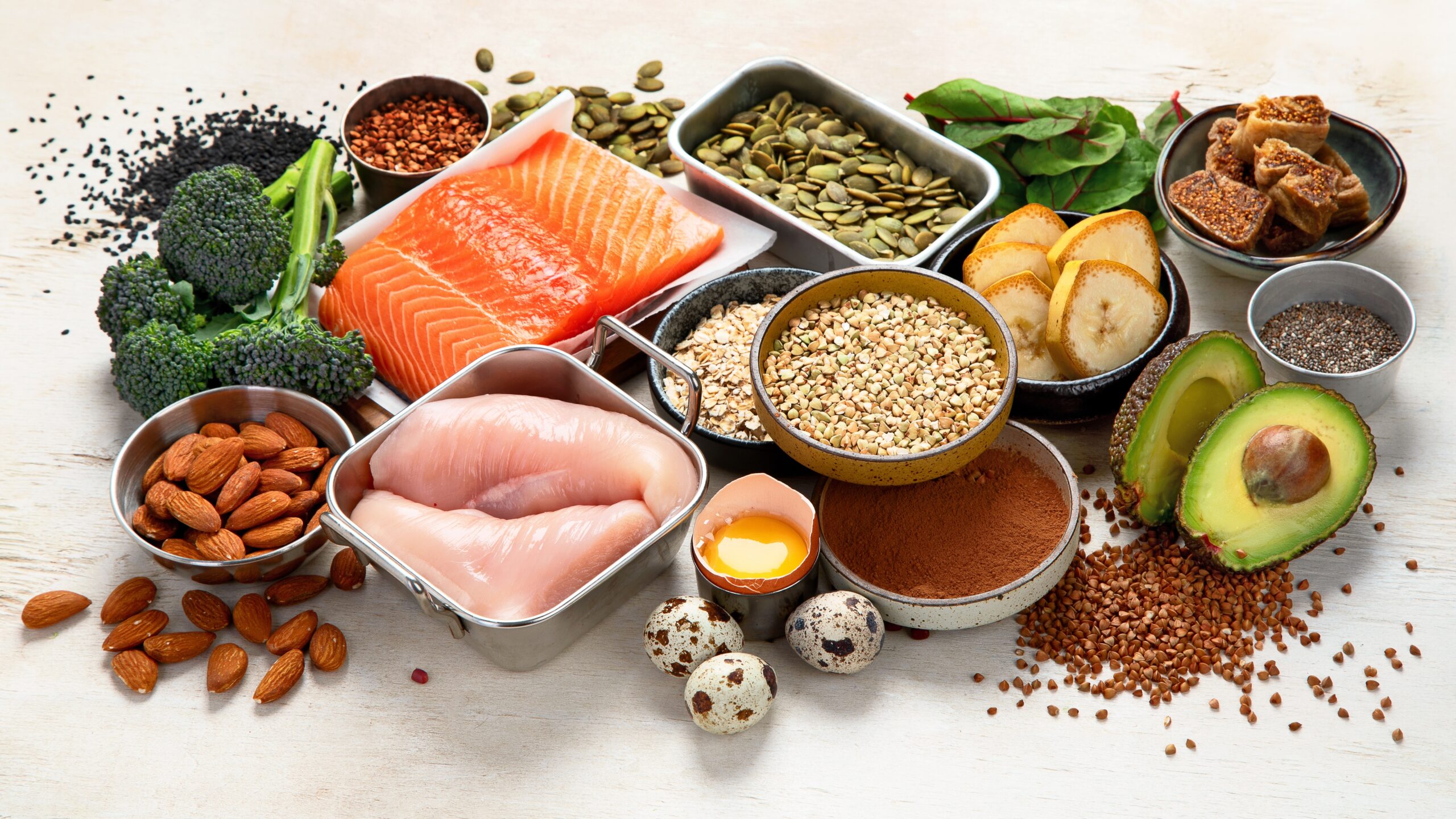Table of Contents

Nutrient-dense foods hold the key to faster healing, reduced disease risk, and improved overall wellness, especially when strategically incorporated into your daily diet.
At a Glance
- Protein, iron, zinc, and vitamins A and C play crucial roles in wound healing and recovery processes
- An anti-inflammatory diet rich in minimally processed plant foods dramatically improves gut health compared to typical Western diets
- Functional foods like leafy greens, berries, and fatty fish provide health benefits beyond basic nutrition
- Combining plant-based iron sources with vitamin C can significantly improve iron absorption
- Probiotic-rich foods like yogurt, kefir, and kimchi enhance gut health and boost immune function
The Science of Healing Nutrition
The connection between nutrition and healing is well-established in medical science. When the body works to repair damaged tissues, it requires increased calories, protein, and specific nutrients to support this intensive process. Without adequate nutritional support, healing can stall, infections may develop, and recovery times lengthen significantly. This relationship becomes particularly important for anyone recovering from surgery, injury, or managing a chronic health condition.
Four nutrients stand out as particularly important for healing: protein for tissue rebuilding, zinc for cell division and growth, vitamin C for collagen formation, and iron for oxygen transport to healing tissues. A deficiency in any of these can significantly impair the body's natural recovery mechanisms. For those with limited appetites during recovery, focusing on nutrient-dense options rather than volume becomes especially important.
Functional Foods for Optimal Health
Beyond basic healing, the functional medicine approach emphasizes using food as medicine. Functional foods provide benefits beyond their basic nutritional value, actively helping to prevent disease and improve overall health. These include antioxidant-rich berries that combat cellular damage, fatty fish loaded with anti-inflammatory omega-3s, and cruciferous vegetables containing compounds that support the body's natural detoxification processes.
Specific functional foods like turmeric contain curcumin, which has powerful anti-inflammatory effects and supports brain and digestive health. Garlic acts as a natural antibiotic while also lowering blood pressure and cholesterol levels. Leafy greens supply a concentrated source of nutrients that support cellular repair and help detoxify the body. Including these foods regularly creates a foundation for long-term health beyond just addressing immediate nutritional needs.
Building Gut Health Through Diet
The gut microbiome has emerged as a central focus in functional nutrition. Research shows that an anti-inflammatory diet rich in minimally processed plant foods dramatically improves gut health compared to typical Western diets high in processed foods and sugar. This improvement in gut function has far-reaching effects on immunity, mental health, and even chronic disease management, making it a cornerstone of functional nutrition approaches.
Probiotics from fermented foods like yogurt, kefir, sauerkraut, kimchi, and kombucha introduce beneficial bacteria directly into the digestive system. Equally important are prebiotic foods such as garlic, onions, bananas, asparagus, artichokes, and whole grains, which feed and support the growth of these beneficial bacteria. Together, these foods create an environment in the gut that reduces inflammation, improves digestion, and enhances nutrient absorption.
Practical Implementation for Daily Wellness
Implementing a healing-focused diet doesn't require dramatic changes all at once. Start by incorporating one additional serving of colorful vegetables daily, then gradually increase plant food variety. Focus on quality protein sources like fatty fish (salmon, mackerel) twice weekly for omega-3 benefits. Include small amounts of fermented foods daily to support gut health, and ensure adequate hydration with water as your primary beverage.
Remember that personalization matters significantly. While general principles apply broadly, individual needs vary based on health conditions, genetics, activity levels, and personal health goals. Working with a registered dietitian who specializes in functional nutrition can help create a targeted approach that addresses your specific health challenges and wellness objectives while making sustainable changes that become lifelong habits rather than temporary diet modifications.
